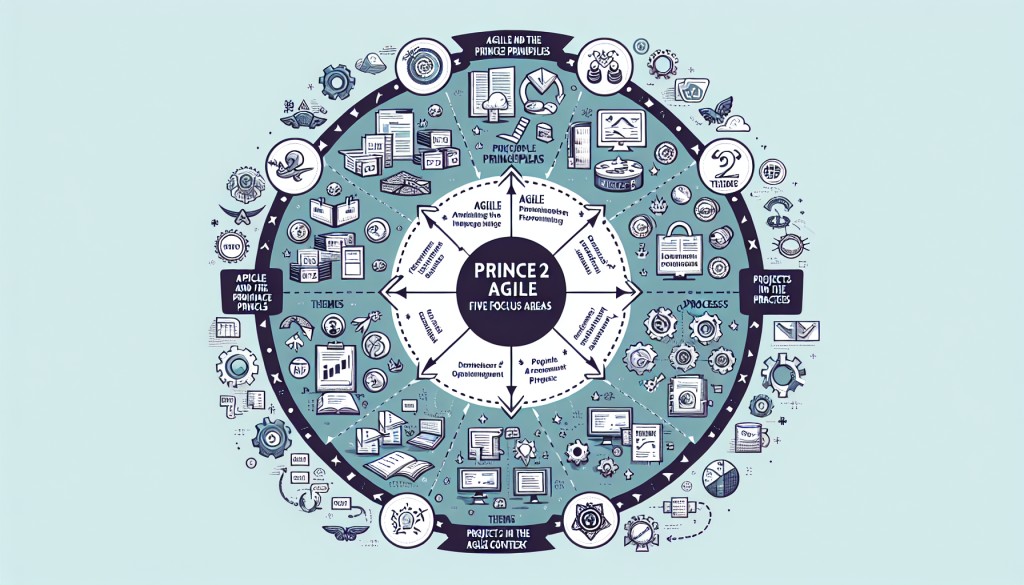In the ever-evolving landscape of modern project environments, the role of agile methodologies has become increasingly prominent. Agile methodologies provide a flexible and adaptive approach to project management, allowing teams to respond quickly to changes and deliver high-quality results in a timely manner.
One of the key benefits of agile methodologies is their emphasis on collaboration and communication. Agile teams work together closely, breaking down silos and fostering a culture of transparency and accountability. This collaborative approach allows team members to share ideas, feedback, and best practices, leading to increased creativity and innovation.
Another important aspect of agile methodologies is their focus on iterative development. Rather than following a linear, step-by-step process, agile teams work in short, time-boxed iterations, continuously refining and improving their work based on feedback and lessons learned. This iterative approach helps teams to adapt to changing requirements and priorities, ensuring that they deliver value to stakeholders throughout the project lifecycle.

Agile methodologies also promote a customer-centric mindset, with a strong emphasis on delivering products and services that meet the needs and expectations of end users. Incorporating Agile Strategies for Effective Project Outcomes . By prioritizing customer feedback and involvement throughout the development process, agile teams can ensure that they are building solutions that provide real value and address real-world problems.
Overall, the role of agile methodologies in modern project environments is essential for driving innovation, collaboration, and customer satisfaction. By embracing agile principles and practices, project teams can adapt to change, deliver high-quality results, and ultimately achieve success in an increasingly dynamic and competitive business landscape.